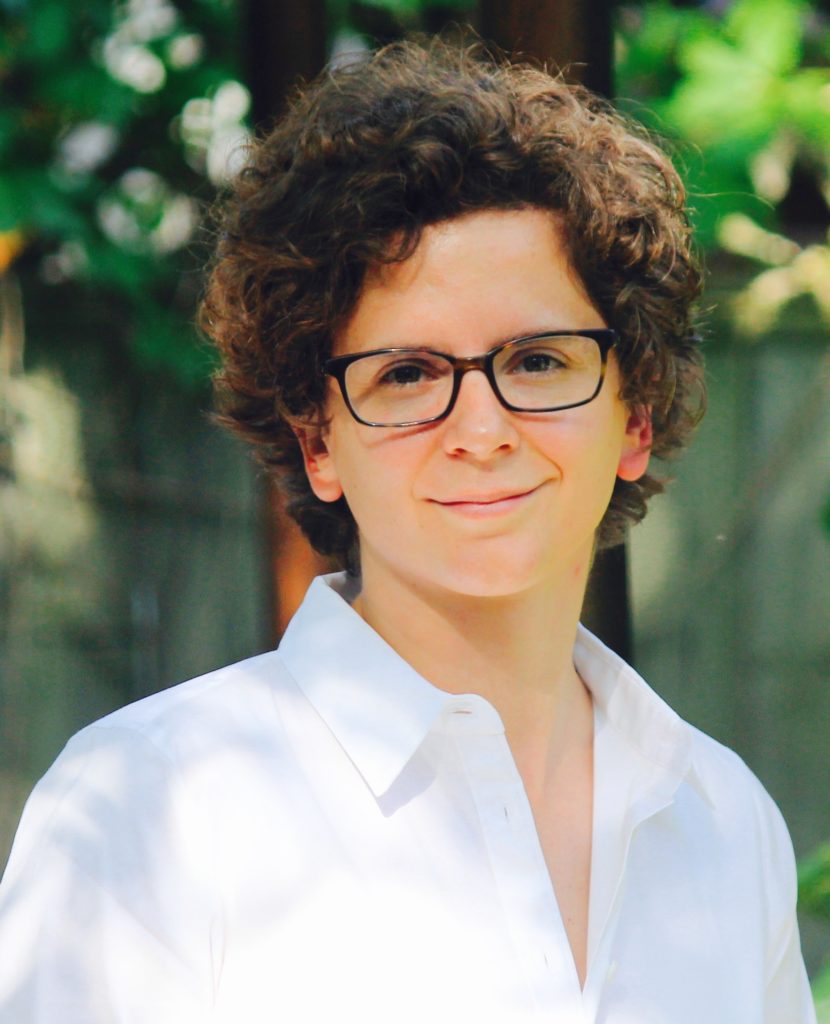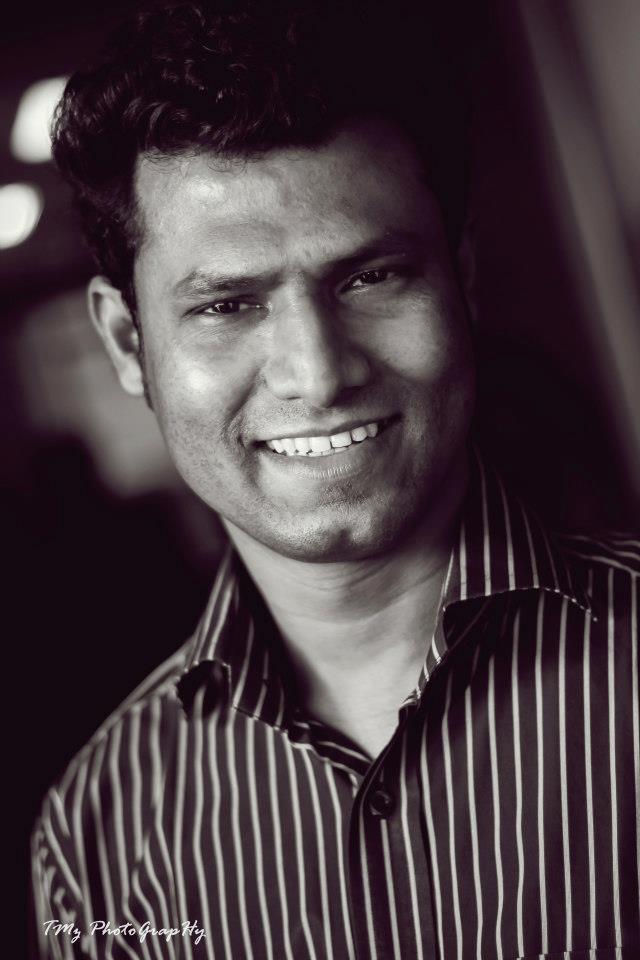A collaboration between graduate student Ahsan Ahshanullah and HRM professor Kelly Pike is helping drive improvements for garment industry workers in Asia.
In his fourth year of graduate studies, Ahshanullah is wrapping up his academic career at York. About to defend his thesis, his active pursuit of relevant work experience had him reaching out to his professor Kelly Pike for a research opportunity.
Pike has been researching workers’ rights, industrial relations and improving working conditions in the garment industry. Overwhelmingly female, these workers are some of the most marginalized people in global supply chains. They work long hours for low wages in poor conditions, and are often subjected to abuse, neglect and intimidation.
Pike’s work has taken on particular significance in the wake of the 2013 Dhaka garment factory collapse that killed 1,134 people and injured another 2,500. Following the tragedy, non-profit organizations have undertaken various initiatives to address problems in the garment industry.


The Better Work Academy is one such initiative between the International Labour Organization and clothing retailer Gap. Other prominent brands such as Target, Levi’s, Children’s Place, American Eagle, New Balance and Walt Disney have also signed on.
Better Work trains staff at clothing companies in industrial relations, social dialogue, health and safety, cooperation and problem solving. The same training is also provided to managers and workers in clothing factories. Better Work provides training to workers at 300 factories in 14 countries.
In 2019, Pike completed an evaluation of the program’s effectiveness. She spoke with Gap’s representatives, factory management and conducted focus groups with workers. Her findings then fed into Better Work’s comprehensive research report published in November 2020.
As part of her evaluation, she engaged Ahshanullah to help interview workers and management in their language. As a Bangladeshi native, he had the cultural background and familiarity to connect with the workers and create a comfortable environment for them to share. He also translated and transcribed the interviews.
In conducting their research, Pike and Ahshanullah highlighted the workers’ lack of awareness about their rights. “There is a fear that workers will call for unions and other changes if they are aware of their rights,” Ahshanullah says. Fortunately, the Better Work program found that profits and productivity increased at factories where training had been conducted.
As part of this research opportunity, Ahsan notes he improved his interviewing and transcribing skills and learned to ask better questions. When it comes to acquiring experience as a graduate student, Ahsan says everything can be helpful— collecting, transcribing and analyzing data.
HRM students are encouraged to reach out to their professors for research and other relevant work opportunities.
